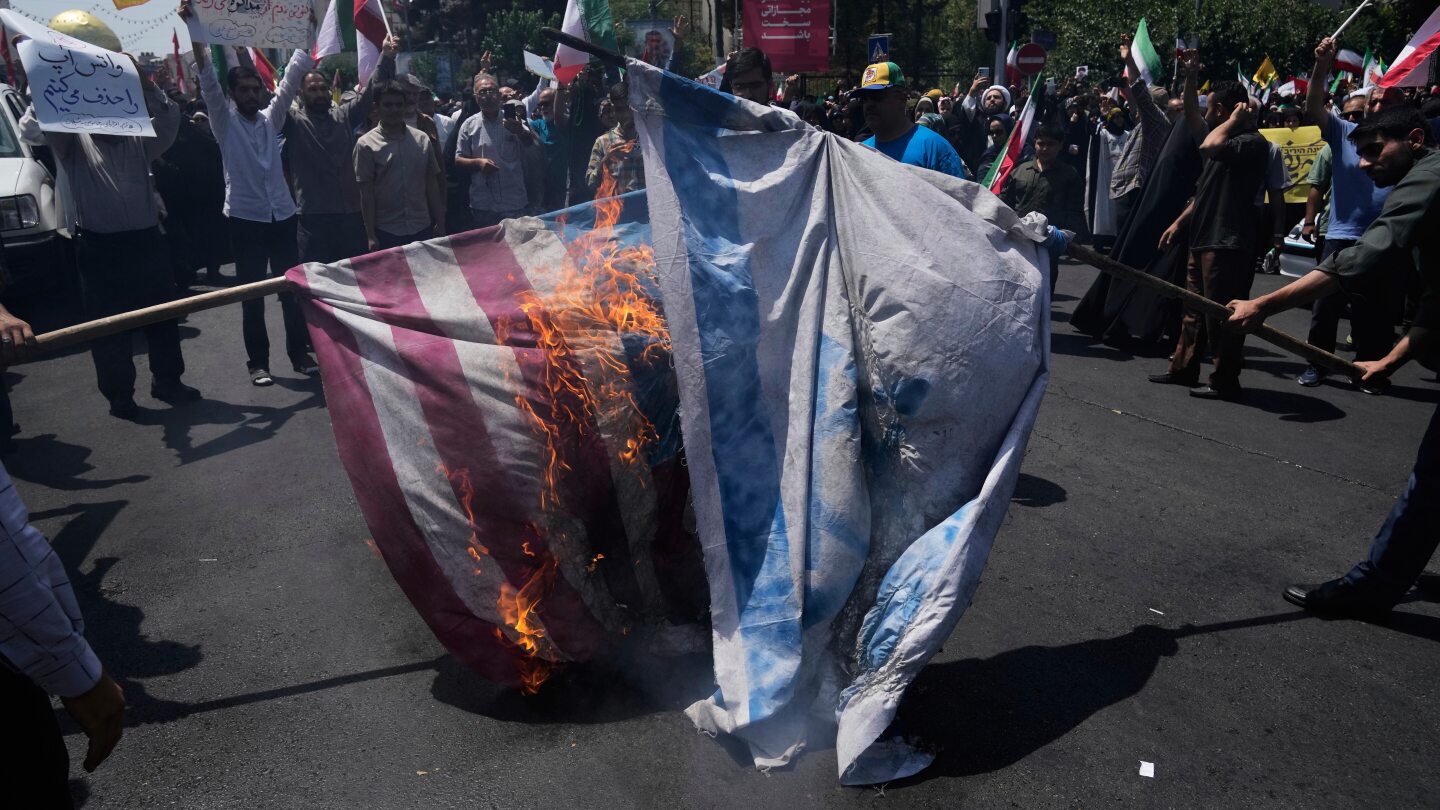TEL AVIV, Israel (AP) — Israel is “closely monitoring” the fallout from widespread Iranian protests, Prime Minister Benjamin Netanyahu said Sunday, as U.S. President Donald Trump’s threats to…
Category: 2. World
-
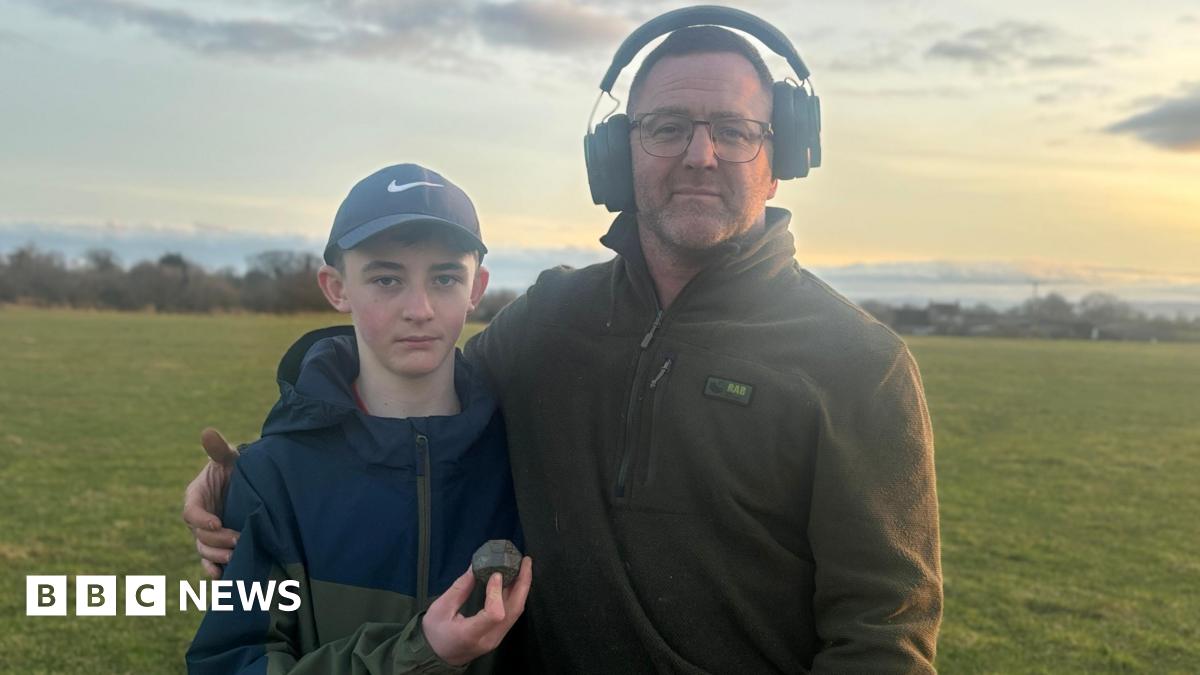
Teen Newton Aycliffe detectorist unearths medieval sword pommel
The report revealed that the pommel dates from between AD1350 and 1450 and is an icosikaihexagon – a 26-sided polygon.
It said: “The pommel is richly decorated with an incised cross fleury at the centre of a double-lined lozenge.
“Each of the eight…
Continue Reading
-
The new threat? An imperial America – Chatham House
- The new threat? An imperial America Chatham House
- The New Imperial Age Foreign Affairs
- Dear America, This Is What It Looks Like From the Other Sideline inFocus with David Coletto
- When leadership gives way to imperialistic gangsterism
Continue Reading
-

Death Toll In Crackdown On Protests In Iran Spikes To At Least 538, Activists Say
DUBAI, United Arab Emirates (AP) — A crackdown on nationwide protests in Iran has killed at least 538 people and even more are feared dead, activists said Sunday, while Tehran warned that the U.S. military and Israel would be “legitimate…
Continue Reading
-
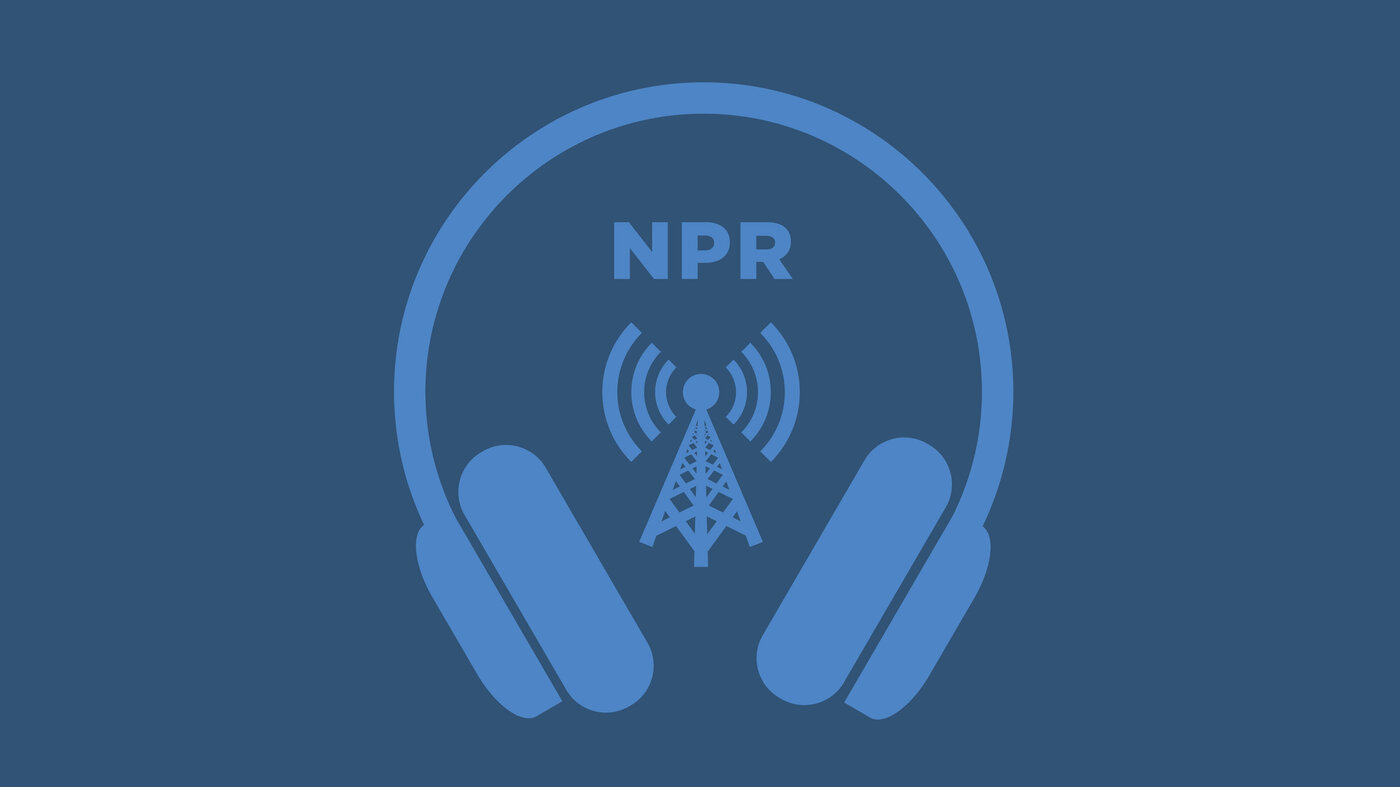
Latin American left responds to Trump's pledge to take over of Venezuelan oil – NPR
- Latin American left responds to Trump’s pledge to take over of Venezuelan oil NPR
- Trump seeks $100bn for Venezuela oil, but Exxon boss says country ‘uninvestable’ BBC
- Trump wants to own Venezuela’s oil, but its largest oil customer is speeding…
Continue Reading
-
Nordics reject Trump's claim of Chinese and Russian ships around Greenland, FT reports – Reuters
- Nordics reject Trump’s claim of Chinese and Russian ships around Greenland, FT reports Reuters
- Denmark’s PM says Greenland showdown at ‘decisive moment’ Al Jazeera
- Exclusive | Rubio Tells Lawmakers Trump Aims to Buy Greenland, Downplays…
Continue Reading
-
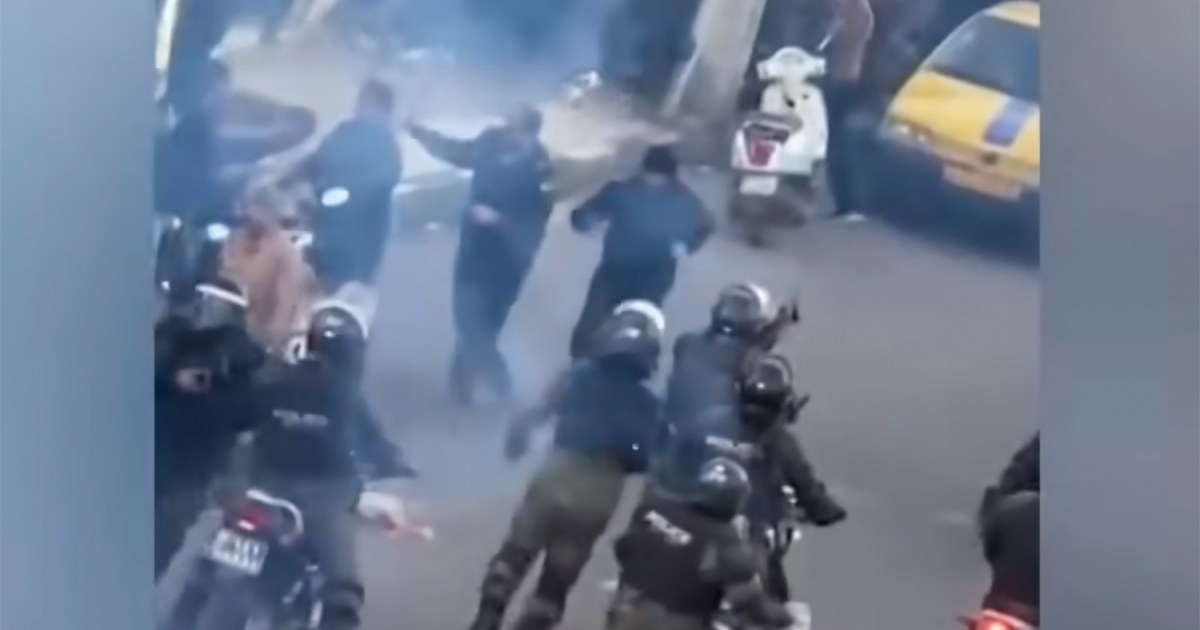
Iran says over 100 officers killed as protesters defy government crackdown | News
Iran’s state media say dozens of members of the security forces have been killed during protests against an economic crisis, as the parliament speaker warns the United States and Israel of retaliatory strikes if Washington attacks the…
Continue Reading
-
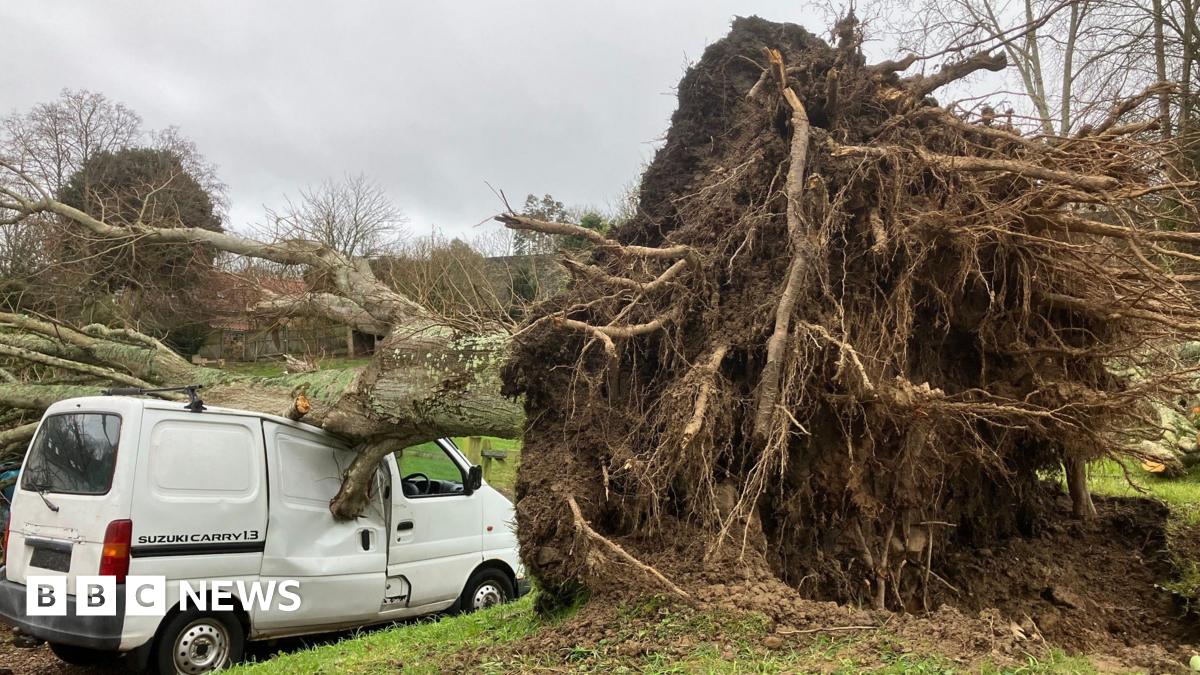
Storm Goretti clean-up in 'full swing' on Channel Island – BBC
- Storm Goretti clean-up in ‘full swing’ on Channel Island BBC
- ‘How do we get our roof back?’: Residents face Storm Goretti damage as many still without power BBC
- Snow sweeps English town, stranding car and slowing commuters Dunya News
- Storms spark…
Continue Reading
-
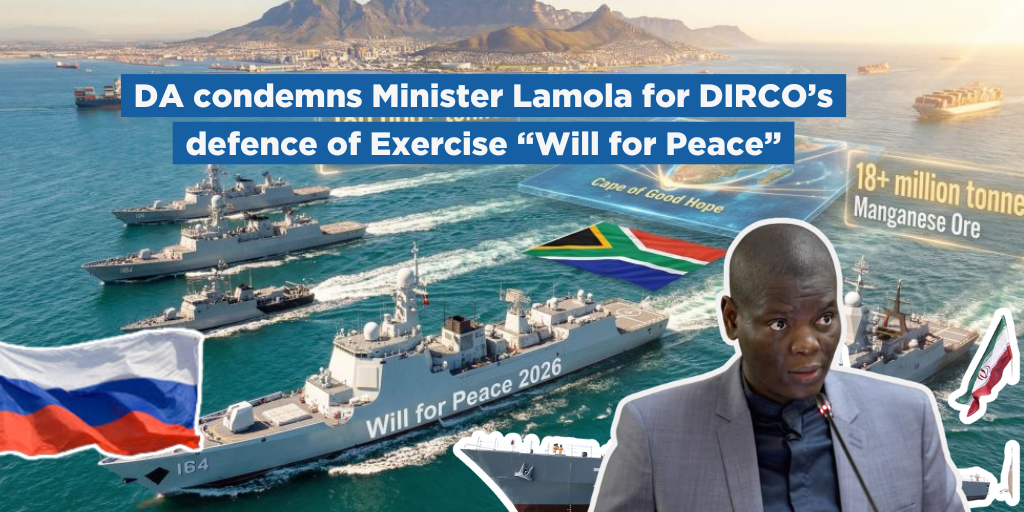
DA condemns Minister Lamola for DIRCO’s defence of Exercise “Will for Peace”
The Democratic Alliance (DA) condemns Minister of International Relations and Cooperation (DIRCO), Ronald Lamola, for his public defence of South Africa hosting sanctioned Iranian and Russian naval vessels during the BRICS+ Exercise “Will for…
Continue Reading
-
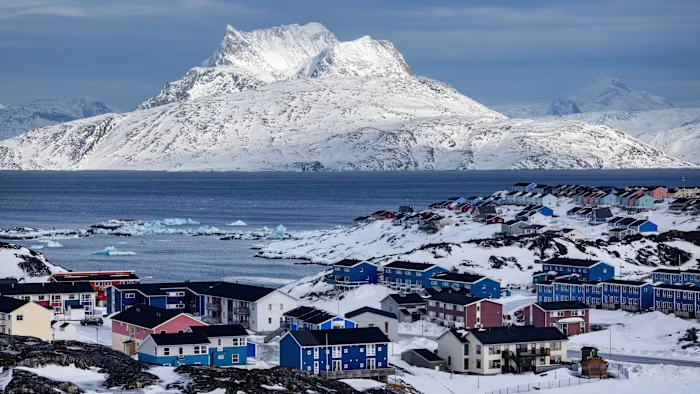
Nordics reject Trump’s claim of Chinese and Russian ships around Greenland
Stay informed with free updates
Simply sign up to the Geopolitics myFT Digest — delivered directly to your inbox.
Nordic diplomats rejected US President Donald Trump’s claims of Russian and Chinese vessels operating near Greenland, which he has…
Continue Reading
